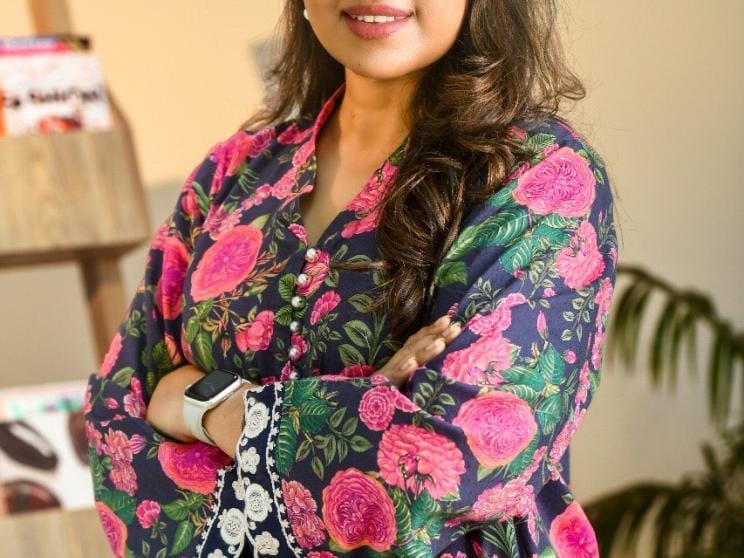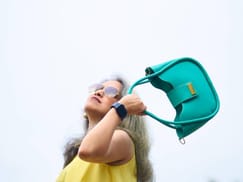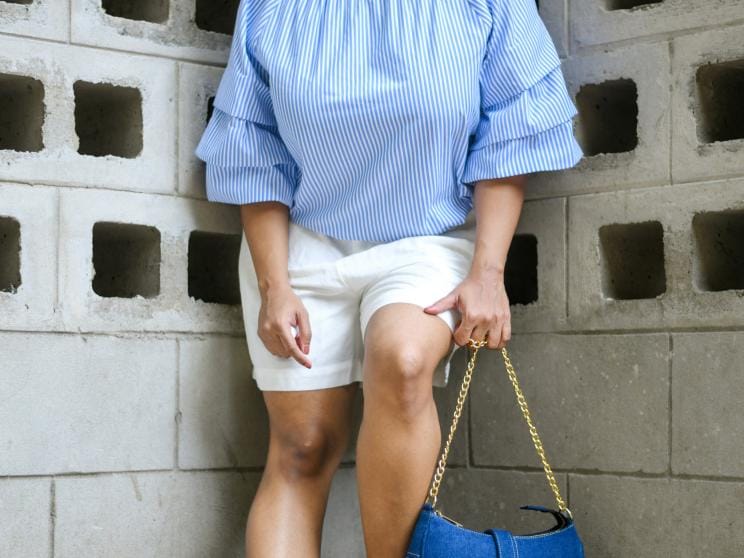How Sara Hossain is redefining Bangladesh’s leather industry

When Sara Hossain moved back to Bangladesh in 2021 after nearly two decades in Canada, she was not chasing reinvention. She was stepping into a responsibility: a leather footwear and accessories venture built by her father, which needed care, commitment, and direction. A company was already standing in bricks and mortar; what it needed was someone to give it character, consistency, and a conscience.

Hossain did not come in as a figurehead. She rolled up her sleeves.
Father's blueprint, a daughter's resolve
Craftsman Footwear & Accessories Ltd. was founded by Sara Hossain's father with the idea of entering Bangladesh's robust yet invisible leather export economy. A factory was built in Gazipur. Production lines were set up.
However, the pandemic hit just as operations were about to begin. Hossain, who had just finished 18 years of life abroad, including a degree in Environmental Science and work in the health sector, returned home to help hold the fort.
"I came back when things were uncertain," she says. "The factory was there, but someone needed to be fully present. My father planted the seed; my role has been to help it grow."

Making the local matter
While 90 per cent of the brand's output goes to international clients, Hossain has been quietly working to build a parallel brand for Bangladesh's domestic market. "We're excellent at making for others," she says, "However, we don't recognise our own value."
This is not just about pride; it's about shifting perception. Hossain points out that many Bangladeshis unknowingly wear foreign brands made right here in Gazipur, Hemayetpur, or Narayanganj. "Our people buy international because they think it's better, but it's often the same leather, made by the same hands."
Her ambition is not only to make shoes but also to make consumers see differently.

Inside the factory: Not just workers, but people
Walk into the factory today, and you will find something unusual — a sense of dignity.
Hossain is adamant about running a workspace that is not just compliant but comfortable.
"We're the first industry in this village. Many of our employees have never had formal jobs before," she explains. "We didn't just create employment. We created expectations."
There's music playing. Tea breaks are real breaks. Cleanliness is incentivised with small awards. People stay. Women return after maternity leave. Craftsman also employs individuals with physical challenges across various roles; not for the sake of optics, but because Sara believes inclusivity should be a baseline, not a headline.

Not "eco-friendly" for the sake of it
With her environmental background, Hossain brings a quiet but unwavering attention to sustainability, although she refuses to greenwash. "We're working towards sustainability, but we're not perfect," she says. "I don't claim that our brand is a fully sustainable one yet.
However, we're honest about where we are."
Leftover leather is reused for sandal straps, patchwork bags, and accessories. "Even flawed factory rejects are altered or repurposed under our internal initiative," she says. "It's less waste, more value."
And unlike many businesses where packaging is an afterthought, Hossain has already transitioned to recycled plastic wraps and is planning to shift entirely to biodegradable jute or cardboard packaging in the next cycle.
Changing the conversation around leather
Part of Sara Hossain's vision also involves educating Bangladeshi buyers. "People don't always know how to care for leather," she says. "They store it wrong, fungus grows, or they discard it too early."
She wants customers to understand not just what they're buying, but how it's made, where it's from, and how long it can last. For her, consumption is part of the supply chain.
The future is not global first; it's local forward
Sara Hossain has no illusions of overnight fame. There is no celebrity brand ambassador, no TikTok strategy. Just slow, consistent growth. She hopes to open a storefront in Canada and eventually expand into e-commerce. But for now, her focus is here — on building trust with local consumers and continuing to honour the factory her father built.
"I'm not in a race," she says. "What matters to me is that the people who make our products feel valued, and the people who buy them feel informed."
Ultimately, Sara Hossain is not trying to create a movement. However, if her kind of grounded, ethical business quietly becomes a blueprint for others in Bangladesh's leather sector, that would not be a bad legacy to leave behind!
Photo Courtesy



 For all latest news, follow The Daily Star's Google News channel.
For all latest news, follow The Daily Star's Google News channel.
Comments